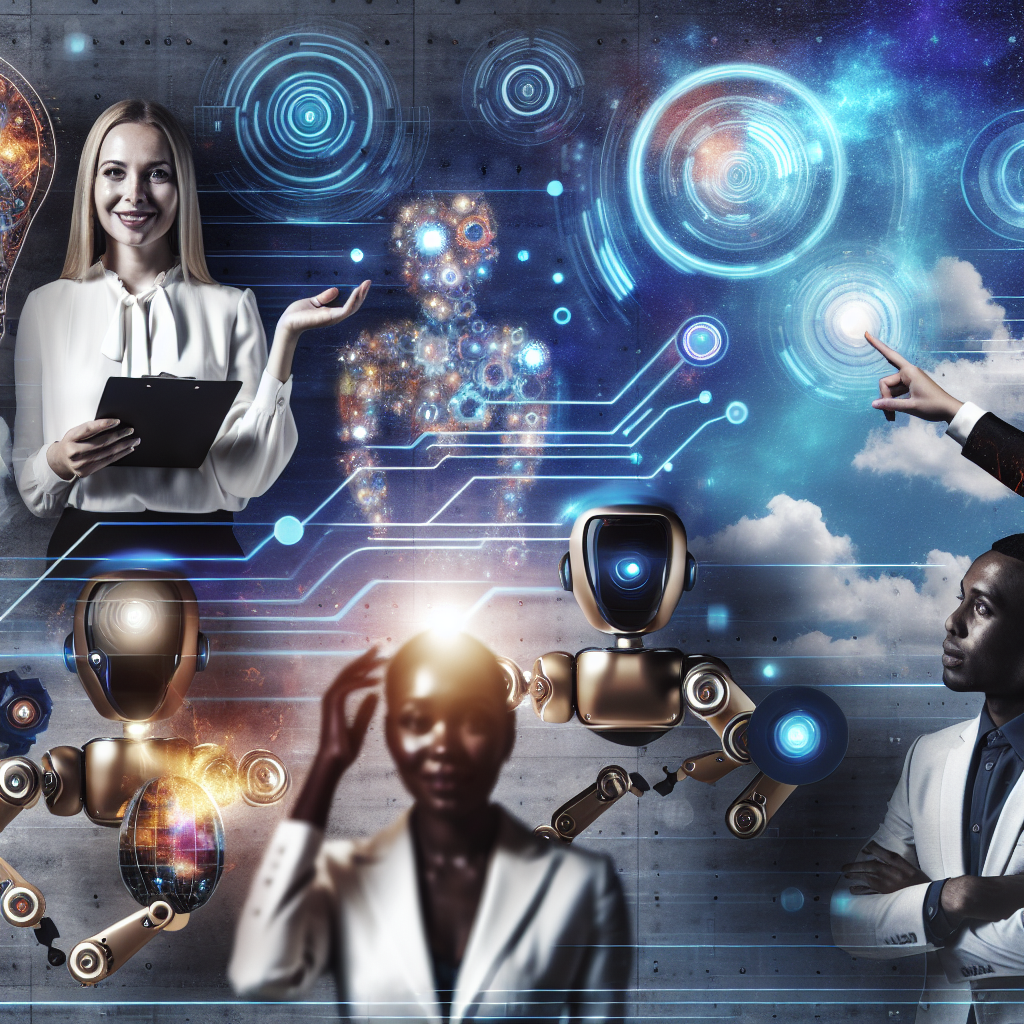Harnessing AI for Unprecedented Productivity: Insights and Innovations for Modern Businesses

"AI’s ability to perform complex analyses, generate insights, and execute routine tasks with high efficiency positions it as a valuable asset."
```html
The New Era of AI-Powered Productivity
In a rapidly evolving business landscape, the integration of Artificial Intelligence (AI) stands at the forefront of a transformative shift towards enhanced productivity. This article delves into the significant role AI plays in boosting efficiency, streamlining processes, and driving innovation across various industries.
AI: From Automation to Advanced Decision-Making
AI's unparalleled ability to process and analyze vast amounts of data with exceptional speed and precision lies at the core of its productivity-enhancing capabilities. By automating routine tasks, such as data entry and scheduling, AI liberates human employees to focus on more strategic objectives. This also reduces the risk of human error, ensuring higher accuracy and consistency in operations.
Moreover, AI’s predictive analytics empower organizations with actionable insights. Analyzing historical data, AI systems forecast demand, optimize supply chains, and preemptively address potential system failures. This proactive approach enables businesses to capitalize on opportunities while mitigating risks.
Driving Innovation Across Sectors
AI's integration is fostering innovation in diverse fields. In healthcare, AI algorithms enhance diagnostic accuracy, optimize treatment plans, and streamline administrative processes. In financial services, AI uncovers fraudulent activities, assesses credit risks, and offers personalized investment advice. Retail also benefits from AI-driven recommendation engines that tailor marketing strategies and manage inventory with precision, amplifying sales and customer satisfaction.
Addressing Challenges and Ethical Considerations
While AI's potential is immense, the transition is not without challenges. Ethical considerations, especially regarding data privacy and job displacement due to automation, require thoughtful management. Organizations must prioritize robust privacy measures and transparent algorithms to build trust and accountability. Equally important is the need for reskilling and upskilling the workforce to adapt to an AI-augmented environment.
In conclusion, AI heralds a new era of productivity marked by efficiency, innovation, and heightened competitiveness. By harmonizing human intelligence with AI capabilities, businesses can unlock unprecedented levels of productivity, ensuring a future where technology and human ingenuity thrive in tandem.
```
